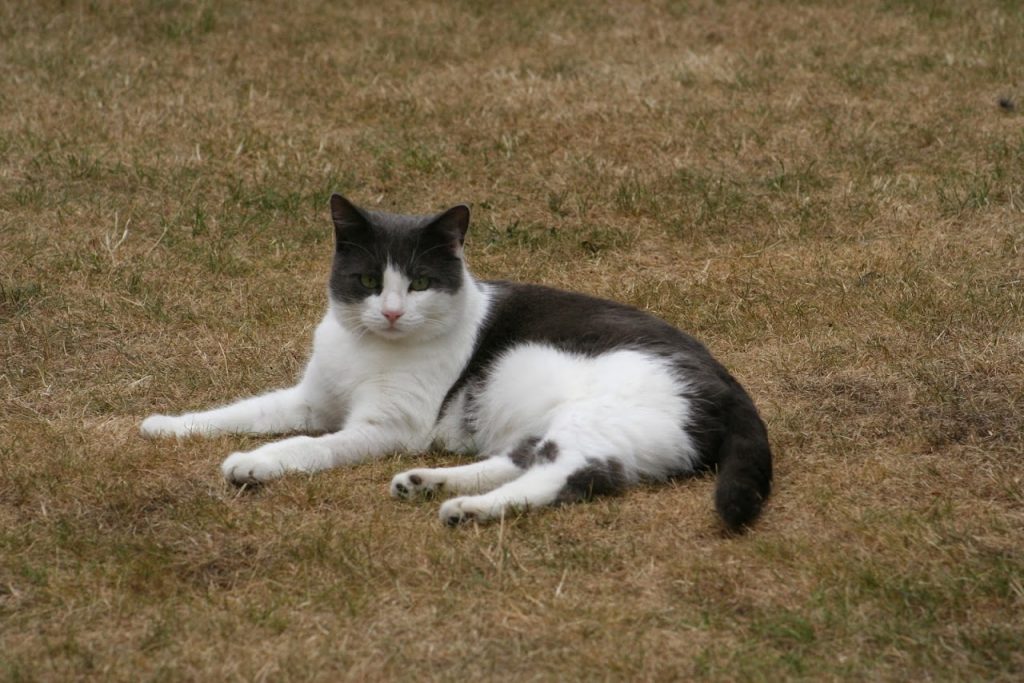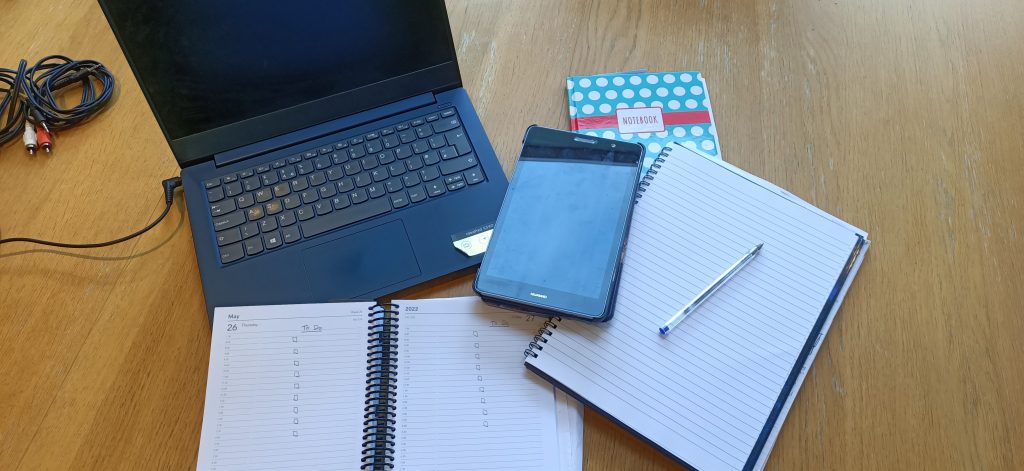Stop treating rest as a non-essential luxury.
‘Resting is not laziness, it’s medicine’ Glenn Schwietzer
Rest is not a luxury. Why has rest become a luxury in modern life? Rest didn’t used to be a luxury, it was as much a part of normal life as breathing, food, shelter and sleep. Rest is an essential part of life!

In the context of this article, I use the term ‘rest’ to mean physical and mental relaxation, taking a break from the busy-ness of life. While sleep is a form of rest, is absolutely essential and something we also don’t get enough of, sleep is not the focus of this article. We cannot be constantly busy all day and consider sleep to be our only opportunity for rest. Equally, while exercise can be a fantastic way to give our brains a break from the busy-ness of daily life, and can be one way that we do rest, it is not the focus of this article.
Why do we find it so hard to prioritise rest?
Do you find yourself complaining either to others or in your own head that you are stressed? Exhausted? Drained? Fed up? Sick of the drudgery, relentlessness and the endless cycle of work and chores? Demotivated? Overwhelmed? If someone else described to you how they are feeling, using the same words that you have in your head, how would you respond? I’m guessing that you would be more compassionate to them than you are to yourself, that you might encourage them to rest and look after themselves better.

Nowadays, there appears to be a constant drive for more…more money, more achievements, more qualifications, more success, more activities, more busy-ness, more exercise, more medals, in addition to ‘doing our bit’ as volunteers, and caring for family members of all ages. As a result, rest has become a synonymous with laziness. This problem has been exacerbated by the advent of smart phones, tablets, laptops etc as we are never beyond communication, never beyond reach, never beyond the ability to ‘do’ something.
Not so many years ago, once 5pm came around, and on Sundays, the shops were shut, travel agents were shut, estate agents were shut, and most people had left work. Evenings and weekends allowed time for rest.
Nowadays, there is no time at which we can’t pursue our goals. We can shop (for anything and everything), research and book holidays, look for our ideal home, continue to work, respond to the constant and relentless emails and messages via Facebook, LinkedIn, Twitter, WhatsApp, Instagram etc etc, we can network all evening, every evening. We can do all these things at any time of day or night. There are clubs and activities available at any time of day. Gyms are open both early and late every day. A long-hours culture combined with technology has made it virtually impossible to rest. We can easily feel that we should always be ‘doing’, ticking things off our never-ending ‘to-do’ lists until we drop into bed exhausted but too wired to sleep after hours of melatonin-blocking blue light has made it impossible for us to fall asleep.
We see celebrities and politicians seemingly working 18-hour days and, apparently, thriving on the buzz. We hear people we respect make comments like ‘rest is for whimps’.
Technology has made our lives better, and easier, in so many ways. But we have got the balance wrong. It is up to us as individuals and as families to reprioritise.

Why is it important to rest?
Without our own health, we are no use at all to ourselves; our families; our employers, businesses and clients; our friends; and can’t meet our many and varied commitments. Our own health and well-being therefore has to be our highest priority. Resting when we are tired is not lazy, it’s basic, essential self-care. It is also essential that we model self-care for our children and the young people we are responsible for. The relentless pressure on young people nowadays makes it even more important that, at home, we teach them and show them how to prioritise self-care and their own well-being.
When we do rest and prioritise our well-being, the outcome is often that we are in fact more productive and achieve more the rest of the time. This is because our bodies and brains are better able to function at their optimum level.
Resting when we are tired is essential for our physical, cognitive and psychological well-being. Benefits of regular rest include:
- Reduced stress levels (and reduction in all the negative consequences that go with stress)
- Muscle relaxation, which reduces pain and tension and improves muscle function
- Improved digestion
- Improved immunity
- Improved cognition, allowing us to think clearly, plan and problem solve more effectively
- Improved memory
- Improved mood and sense of well-being
- Increased enjoyment of life

What does ‘rest’ look like?
So what is rest? Rest looks different to us all, but it is essentially anything that allows our bodies and minds to rest, relax and recover. It may mean:
- Sitting down with a cup of tea and a good book,
- Watching some tv,
- Enjoying a craft or hobby which gives you pleasure.
- Having a cuppa and cake with a friend,
- Going out for a meal,
- Watching a film, theatre show or a comedian.
- You may like to sing, play an instrument, or sit down and listen to music.
- Maybe you like to meditate, the deep relaxation from meditation is incredibly good for our physical and psychological well-being;
- To build lego
- Draw, paint or colour;
- Do a crossword or sudoku puzzle; or
- Soak in a bath with candles and your favourite music.
- It may mean some form of exercise either gentle exercise like yoga or walking,
- Something fun like climbing or paddle-boarding,
- Or a team sport such as tennis or football
- Or something meditative like running.
Did you know that there are different types of rest?
As I was writing this article, I stumbled across a pdf document called ‘Rethinking Rest’ written by and published online by mentalhealth.org.uk. This document is very easy to read and the link is shared below. I would recommend taking a few minutes to read it. In the document they break rest down into 6 different areas:
- Rest your body
- Rest your mind
- Rest your ‘heart’
- Rest your ‘soul’
- Rest your connectivity
- Rest your senses.
I love this way of looking at rest as no one form of rest will rest all of these areas, so we need a variety of different forms of rest in our lives in order to meet all our needs. You can find the document at: https://www.mentalhealth.org.uk/sites/default/files/ENGLISH.%20Rethinking%20Rest.pdf

Do you have time to be ill?
Do you think you don’t have time to rest? Think about it this way, do you have time to be ill? Would you rather choose to take a few minutes each day to rest and do something you enjoy, or be forced, as a result of illness, to do nothing for days or even weeks on end? Maybe you could try making a list of different things you enjoy doing to rest, and schedule one into your diary each day. Make it a priority, stop scrolling your newsfeed, put down your phone/tablet/laptop (put them in a different room if you can), and do something you truly enjoy for a few minutes instead…you don’t have to do it alone, we can rest with our children, family, and friends as well as on our own.
Maybe, once you begin to realise how good it feels to prioritise your own well-being, how much better you feel, and how much more you actually get done, you can begin to find a little more time for yourself maybe once a month and enjoy the benefits of rest and deep relaxation offered by a massage, reflexology or reiki.
If you are struggling with stress and finding it hard to find time for yourself, hypnotherapy could help.
I’m a self-employed mum of 3 teens/pre-teens. Life is busy, but I do my best to make self-care a priority. I’ll be no use to my family or my clients if I’m unwell myself. I’m a hypnotherapist and holistic therapist with a mission to empower you to say goodbye to stress and anxiety and achieve your well-being goals, whatever they may be. Please contact me if you are wondering if I may be able to help you. A conversation does not commit you to anything, but may be the beginning of something fantastic.
References and further reading:
https://www.mentalhealth.org.uk/sites/default/files/ENGLISH.%20Rethinking%20Rest.pdf
